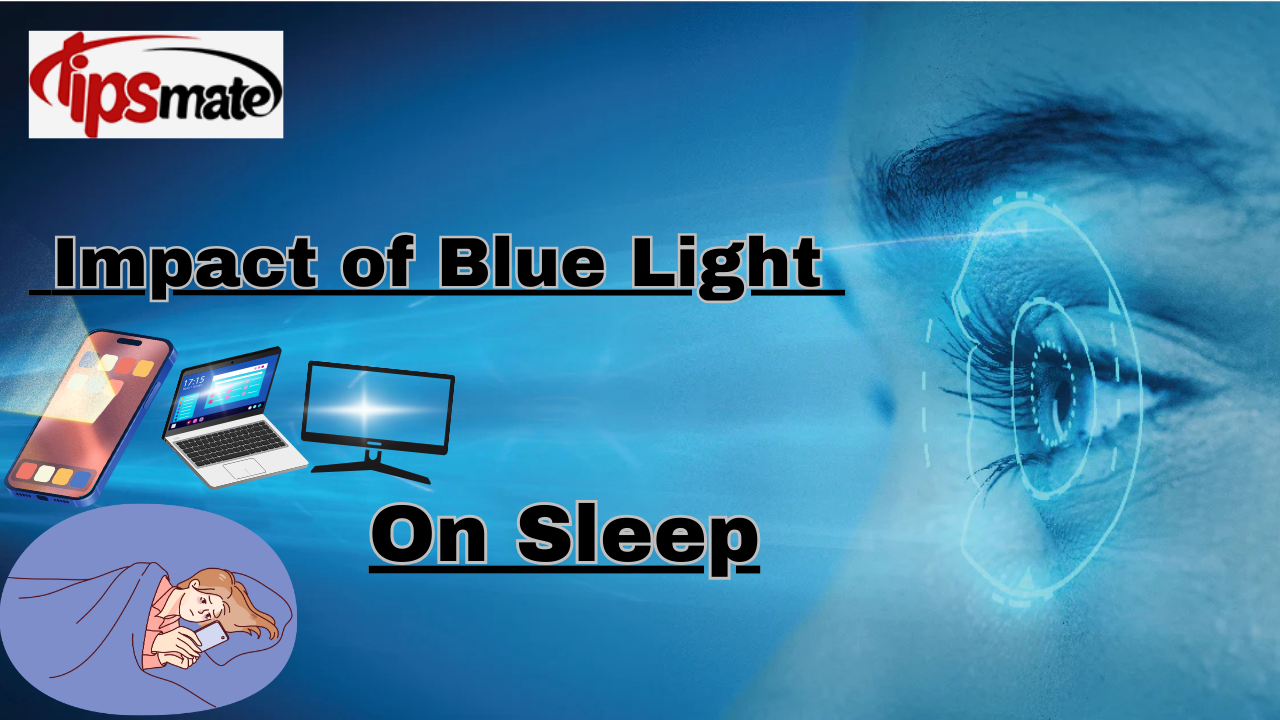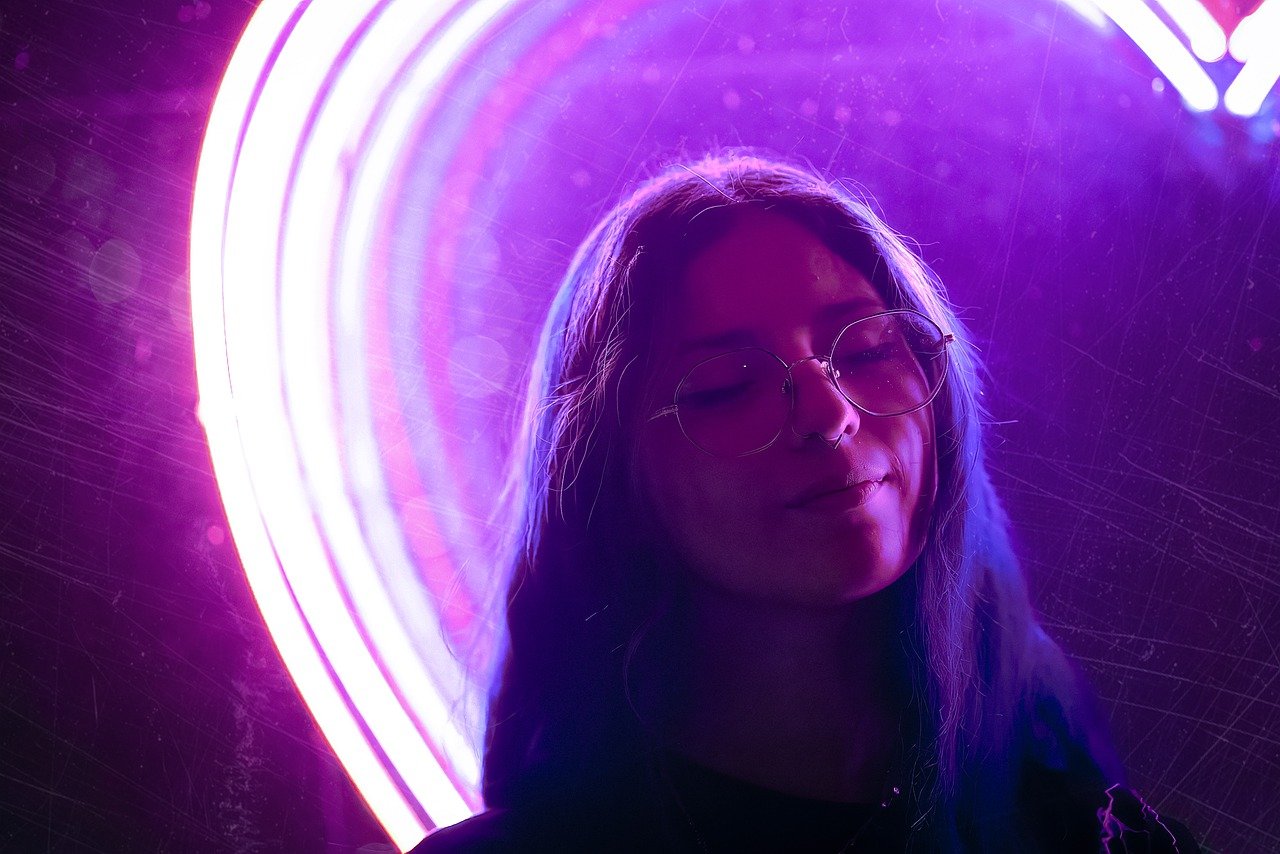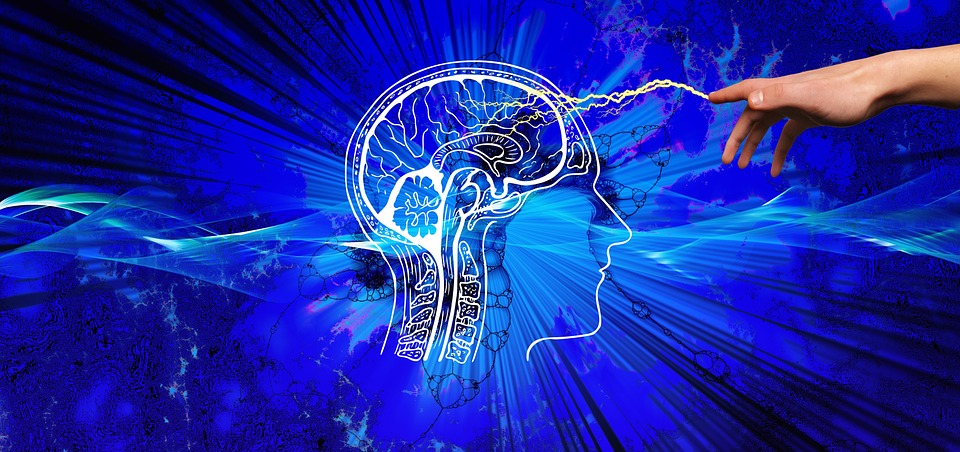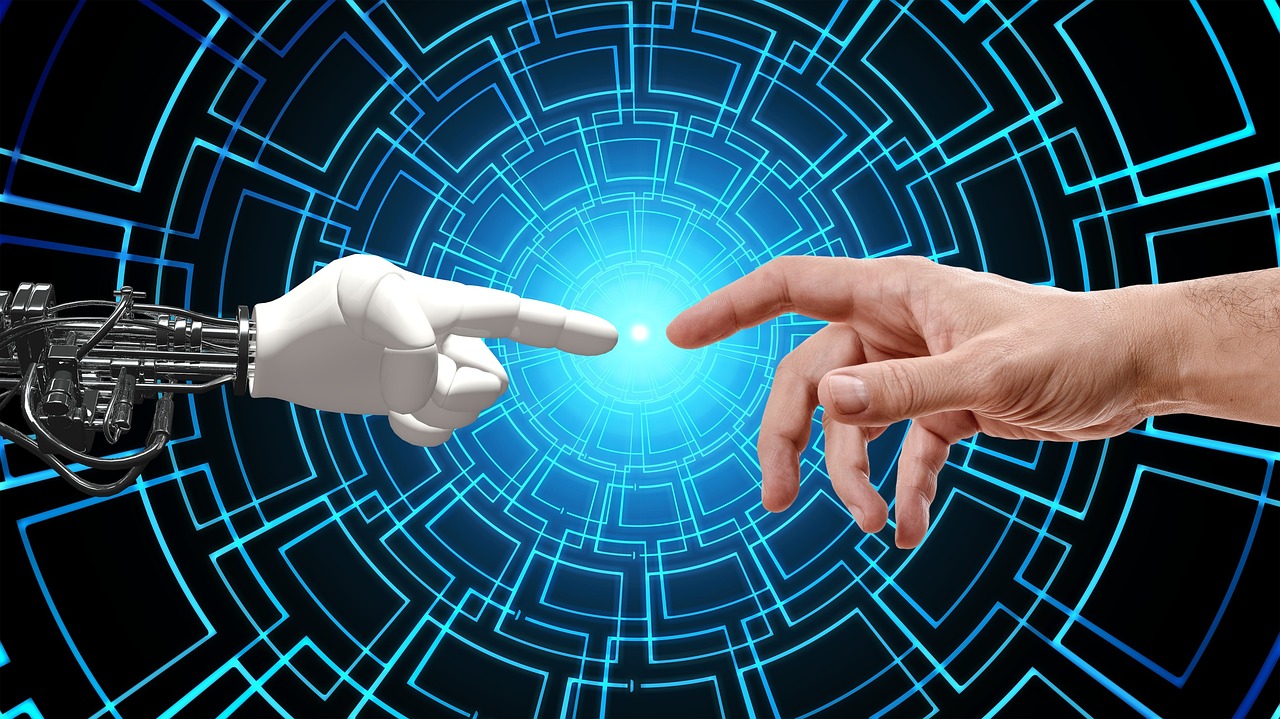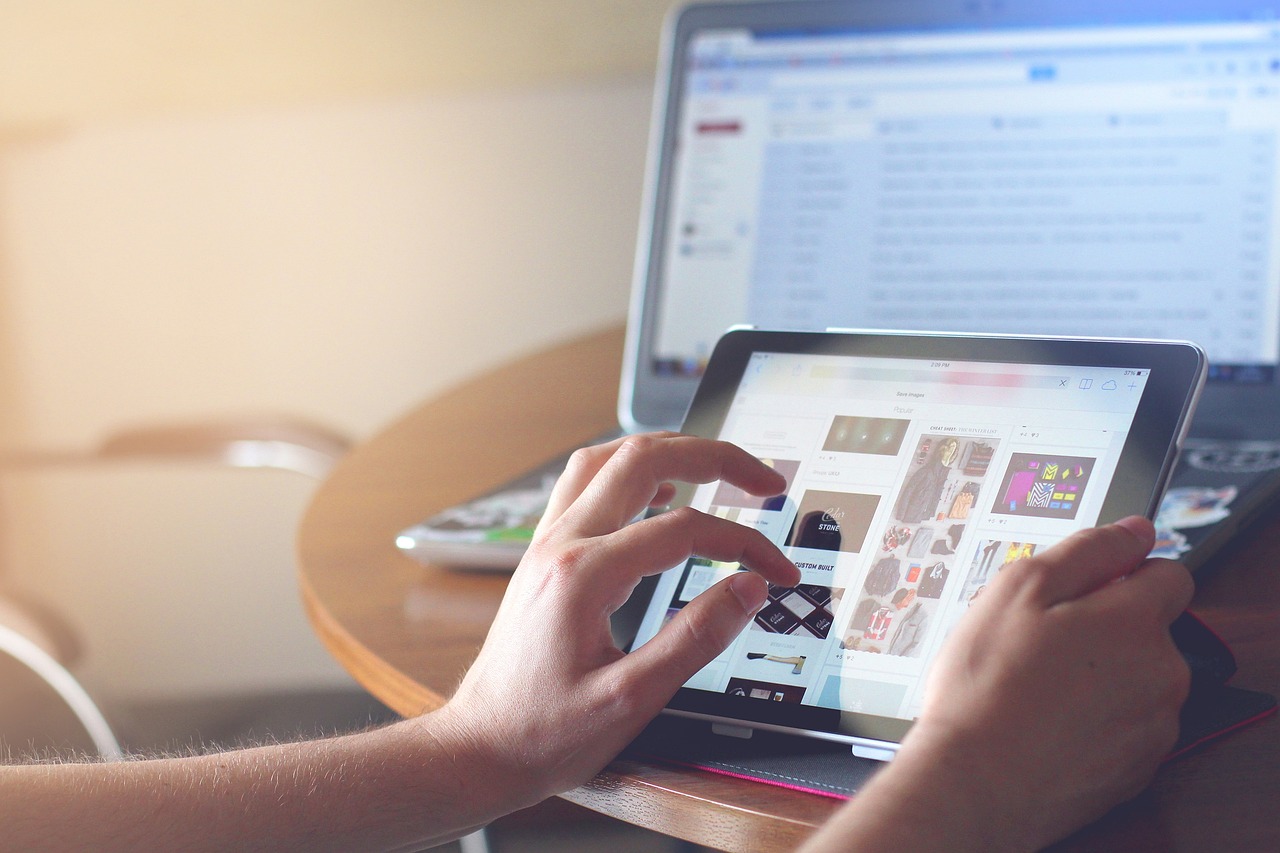The Impact of Blue Light on Sleep
Blue light has become a fundamental part of our daily lives in the modern world. It is released from the lighting of digital devices such as smartphones, laptops, computers, TVs, and LEDs. Natural blue light released from the sun plays a key role in humans' biological cycles, especially for sleep and waking. Especially during the evening hours, exposure to blue light when extreme, harms humans as it affects sleep patterns and overall health.
The use of screens is increasing in this modern lifestyle, so it is very hard to keep away from artificial blue light. This has disturbed many scientists and health professionals to deal with its effects on the human body, mind, sleep, and overall health. To reduce the negative effects and follow a healthy lifestyle, it is most important to understand the effects and consequences of blue light on the human brain and the sleep process.
In this article, we will discuss blue light, its effects on the human mind and overall body health, and some techniques to reduce its side effects and we’ll learn how to deal with the harmful rays in this modern world.
The Science Behind Blue Light and Sleep
Blue light affects the human body's overall biological clock, the 24-hour clock that regulates sleeping and waking patterns. This regulation occurs through the relationship between blue light, some specific cells in our eyes, and its effect on the melatonin hormone, which is specialized for sleep.
How Blue Light Affects the Brain
- Some specialized cells in the retina of the human eye called ipRGCs (intrinsically photosensitive retinal ganglion cells) are easily affected by blue light, when exposed to blue light they send signals to the brain.
- The ipRGCs transmit signals to the suprachiasmatic nucleus (SCN), which is a group of neurons located in the hypothalamus (part of the brain). The SCN functions as the body’s biological clock, illuminating blue light as a signal for daytime and contributing to wakefulness.
- During the night or evening time, blue light exposure slows down the production of melatonin. This process slows down the sleep process, time and decreases its quality.
Impact on the Sleep-Wake Cycle
- During the daytime, disclosure to blue light boosts mood changes and enhances heedfulness by arranging the body’s internal biological clock with natural daylight.
- During nighttime, artificial blue light confuses the brain that it is still daytime which leads to the disturbance of the biological cycle, thus it feels hard to sleep at night.
Scientific Evidence
- Many studies show that exposure to artificial blue light just before sleep time can slow down the production of melatonin which results in bad-quality sleep.
- Scientists also declared that long-term sleep disturbance due to blue light exposure can cause many other health problems such as depression, insomnia, metabolic disorders, and many other health issues.
Sources of Artificial Blue Light
In this world, full of modern technologies and energy-efficient lighting, blue light is present everywhere. These are the most common resources;
- Electronic Devices
- Smartphones: One of the most vital factors of blue light disclosure is the increased and continuous use of smartphones, especially during bedtime.
- Computers and Laptops: Continuous use of these devices for official work, study, or enjoyment can lead to increased blue light exposure which results in several health issues.
- E-readers or Tablets: Considerable blue light emitted from these modern electronic devices for reading and streaming, when used in dim light has an intense impact on human health.
- Television: Televisions or LEDs when watching at night from a distance, release blue light which is also very harmful.
2. New Technologies
- Virtual Reality Devices (VRs): The increased use of VR devices placed directly in front of the eyes, particularly for gaming or other mesmerizing experiences has an intense effect of blue light.
- Wearable Tech: Blue light emitted from smartwatches or fitness trackers that have illuminated screens also adds exposure to blue light when used at nighttime.
3. Lighting Technologies
- LED Lights: Blue light emitted from energy-efficient LED lights used in offices, homes, or public places, is very harmful as compared to the old, red-hot burning bulbs.
- Fluorescent Lights: This lighting is mostly used in offices and schools and also releases blue light, but it is less extensive than LEDs.
The Role of Technology in Solutions
In this world where technology has become a great source of blue light, there it also helped people by creating technology to reduce its effect. By following these techniques, you can reduce blue light disclosure and help in better sleep.
- Device Features
- Night Mode: Most devices such as computers, laptops, smartphones, etc include settings of night light or blue light filters. These adjust the color and temperature of the screen during nighttime and reduce blue light emission.
- Brightness Adjustment: Many devices have the option to adjust their brightness according to one's preference, by which the effect of blue light is reduced.
2. Special Software and Apps
- Some third-party apps such as Twilight or F.lux can help in adjusting the blue light effect, color, and temperature according to the time.
- Some apps are built to monitor sleeping patterns and provide instructions to reduce blue light exposure.
3. Blue Light Blocking Accessories
- Glasses: Blue light-blocking accessories such as glasses are used to reduce the effect of blue light. It is the best way to deal with harmful rays of blue light and the users use it without harm thus their sleep pattern is not disturbed.
- Screen Protectors: Covers for laptops, smartphones, and other devices are invented to reduce the harm of blue light as they make an additional layer on them without disturbing the device setting and performance.
In Conclusion, The increased use of energy-efficient lighting and electronic devices has increased our disclosure to blue light which has very harsh effects on our brain and body. Blue light plays an important role in attentiveness and the human biological cycle, but increased disclosure of it leads to several health issues which include disturbed sleep patterns, delayed sleep, and many other sleeping disorders.
If we study and understand the mechanism and effects behind blue light, we can take some steps to avoid its disorders. By making simple changes in your daily life such as reducing screen time before bed and also day time, using techniques to avoid it and tools to block blue light can make better sleeping patterns and overall health.
In today's world, giving priority to our health and sleep patterns is important for our mental and physical health. We can achieve better health and sleep patterns if we take some steps to decrease blue light exposure in our daily lives.










